Xi Jinping tells national security team to prepare for 'worst-case scenario'

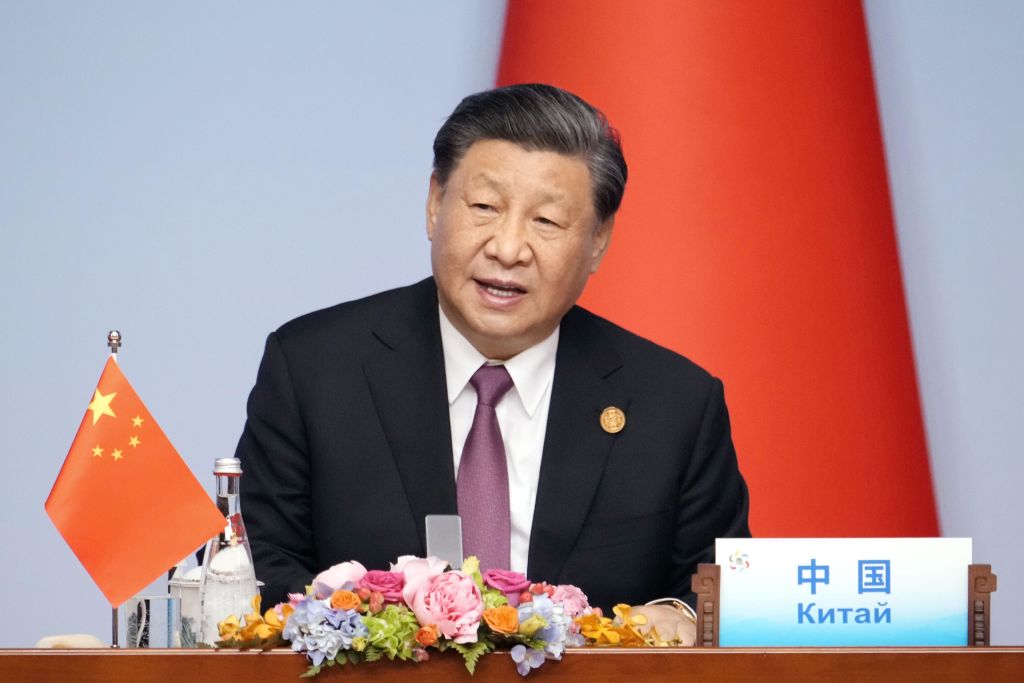
A free daily email with the biggest news stories of the day – and the best features from TheWeek.com
You are now subscribed
Your newsletter sign-up was successful
Chinese President Xi Jinping told his national security team Tuesday that they should prepare for a "worst-case scenario," saying that internal and external threats to the country had increased.
Xi, who spoke during a meeting of the Chinese Communist Party's National Security Commission, said the "complexity and difficulty of the national security issues we now face have increased significantly," according to China's state-run Xinhua News Agency. The country must "adhere to bottom-line thinking and worst-case scenario thinking, and get ready to undergo the major tests of high winds and rough waves, and even perilous, stormy seas," Xi added.
The Chinese president, who won an unprecedented third term as his country's leader this past March, has been open about the perceived challenges he believes China faces, particularly from the United States. Xi pressed his officials to fast-track the implementation of a national security monitoring system, as well as enhanced national security education and AI security.
The Week
Escape your echo chamber. Get the facts behind the news, plus analysis from multiple perspectives.

Sign up for The Week's Free Newsletters
From our morning news briefing to a weekly Good News Newsletter, get the best of The Week delivered directly to your inbox.
From our morning news briefing to a weekly Good News Newsletter, get the best of The Week delivered directly to your inbox.
Since taking power, the strongman, described by some as a dictator, has angled national security as one of China's foremost issues, turning it "into a key paradigm that permeates all aspects of China's governance," according to the Mercator Institute for China Studies.
As the rivalry between China and the United States continues to build, both nations have increased their national security efforts. The U.S. has sanctioned a number of Chinese tech companies, while Xi has directly blamed the United States for leading the "Western suppression" of China.
While Xi talks about the "worst-case scenario," it is unclear what this could exactly be referring to. It could "include a nuclear war, a devastating war that ruins China's coastal economic belts, [or] Western sanctions on China's energy, finance, and food supply," Xie Maosong, a senior fellow at Beijing's Taihe Institute, told the South China Morning Post.
A free daily email with the biggest news stories of the day – and the best features from TheWeek.com
Justin Klawans has worked as a staff writer at The Week since 2022. He began his career covering local news before joining Newsweek as a breaking news reporter, where he wrote about politics, national and global affairs, business, crime, sports, film, television and other news. Justin has also freelanced for outlets including Collider and United Press International.
-
 The world’s most romantic hotels
The world’s most romantic hotelsThe Week Recommends Treetop hideaways, secluded villas and a woodland cabin – perfect settings for Valentine’s Day
-
 Democrats push for ICE accountability
Democrats push for ICE accountabilityFeature U.S. citizens shot and violently detained by immigration agents testify at Capitol Hill hearing
-
 The price of sporting glory
The price of sporting gloryFeature The Milan-Cortina Winter Olympics kicked off this week. Will Italy regret playing host?
-
 10 things you need to know today: January 21, 2024
10 things you need to know today: January 21, 2024Daily Briefing Palestinian death toll reportedly passes 25,000, top Biden adviser to travel to Egypt and Qatar for hostage talks, and more
-
 10 things you need to know today: January 20, 2024
10 things you need to know today: January 20, 2024Daily Briefing Grand jury reportedly convened to investigate Uvalde shooting response, families protest outside Netanyahu's house as pressure mounts for hostage deal, and more
-
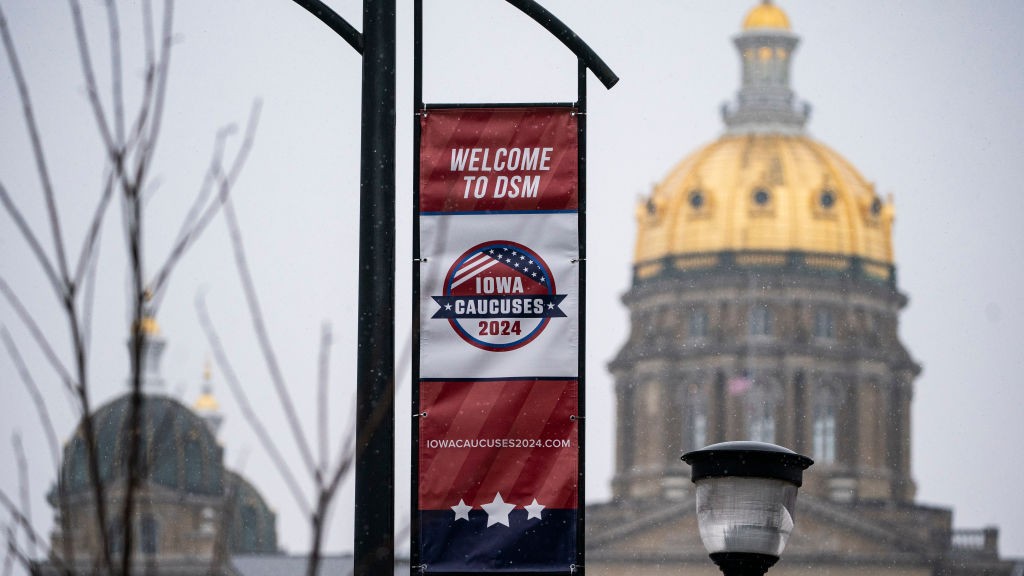 10 things you need to know today: January 15, 2024
10 things you need to know today: January 15, 2024Daily Briefing Freezing Iowa caucuses to mark first voting of 2024 election, subzero temperatures place stranglehold on much of US, and more
-
 10 things you need to know today: January 14, 2024
10 things you need to know today: January 14, 2024Daily Briefing Israel and Hamas mark 100th day of war, GOP candidates campaign on final day before Iowa caucuses, and more
-
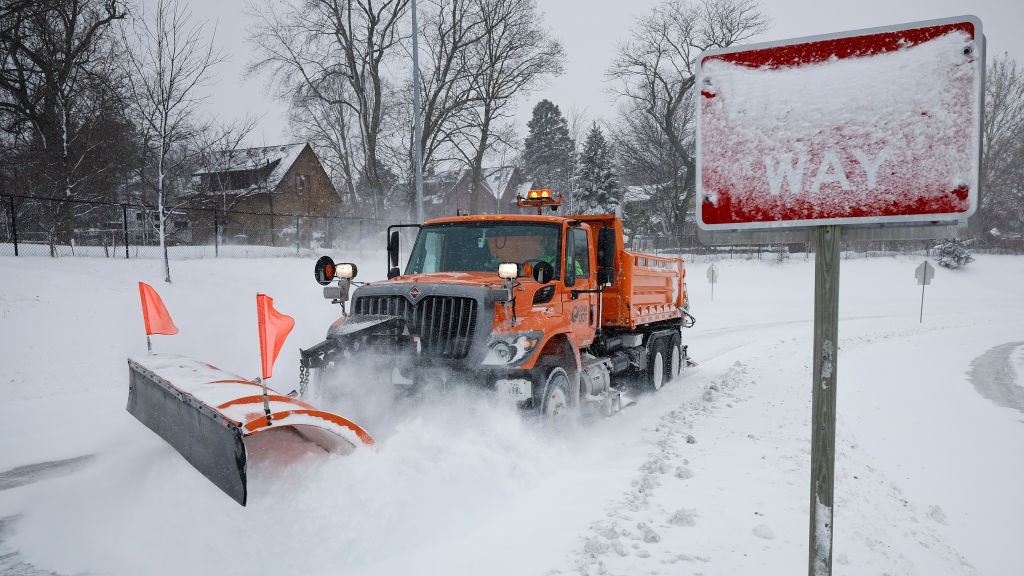 10 things you need to know today: January 13, 2024
10 things you need to know today: January 13, 2024Daily Briefing Winter storm blankets large swath of northern United States, more than 30 Palestinians killed during overnight airstrike in Gaza, and more
-
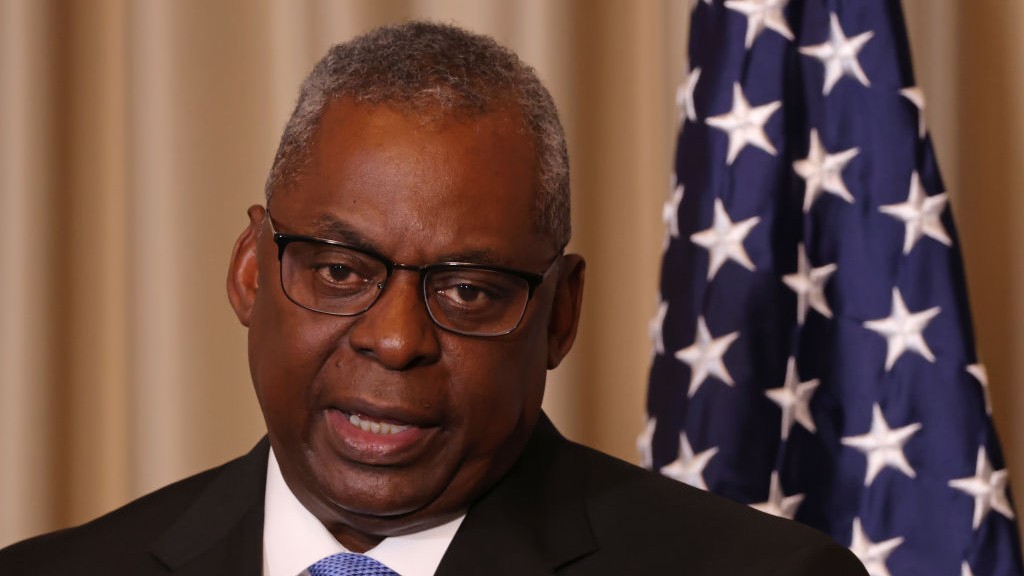 10 things you need to know today: January 7, 2024
10 things you need to know today: January 7, 2024Daily Briefing White House reportedly left unaware of defense secretary’s hospitalization, Biden to deliver State of the Union address on March 7, and more
-
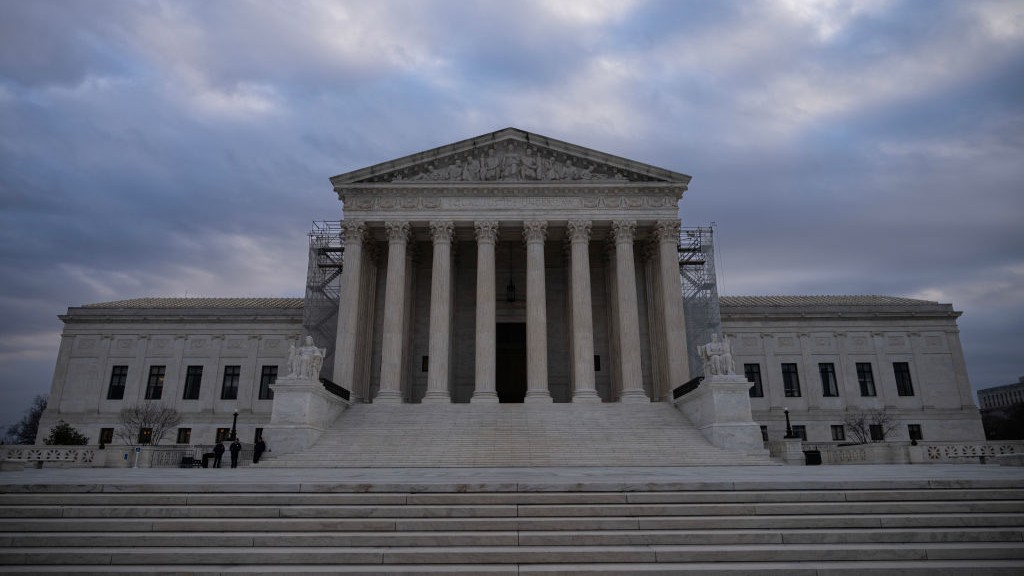 10 things you need to know today: January 6, 2024
10 things you need to know today: January 6, 2024Daily Briefing Supreme Court to rule on Trump being kept off 2024 presidential ballots, Hezbollah fires rockets toward Israel following Hamas leader’s death, and more
-
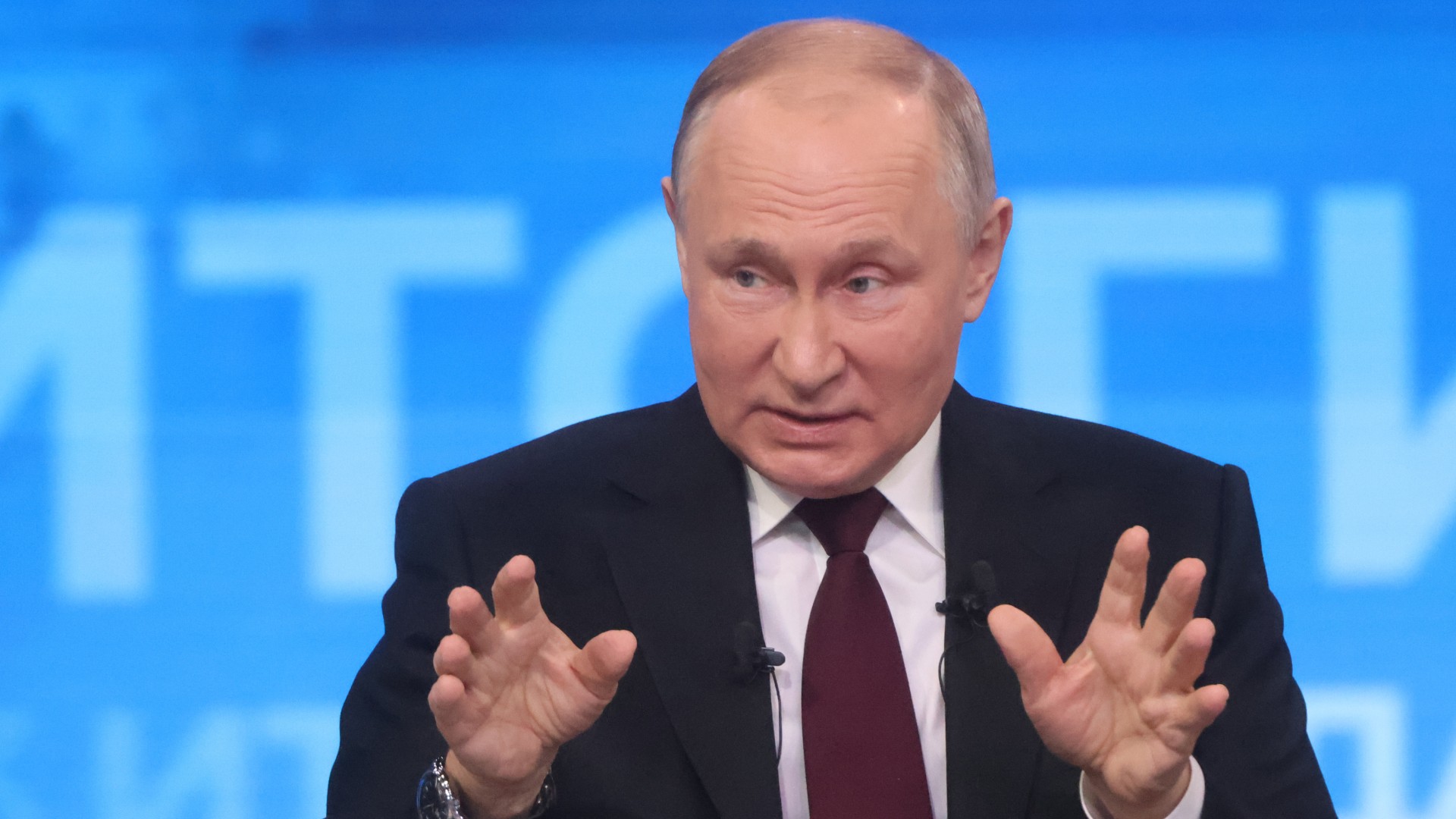 10 things you need to know today: December 17, 2023
10 things you need to know today: December 17, 2023Daily Briefing Putin rejects Biden's claim that Russia will attack NATO, Israel ramps up bombardments of Gaza overnight, and more
